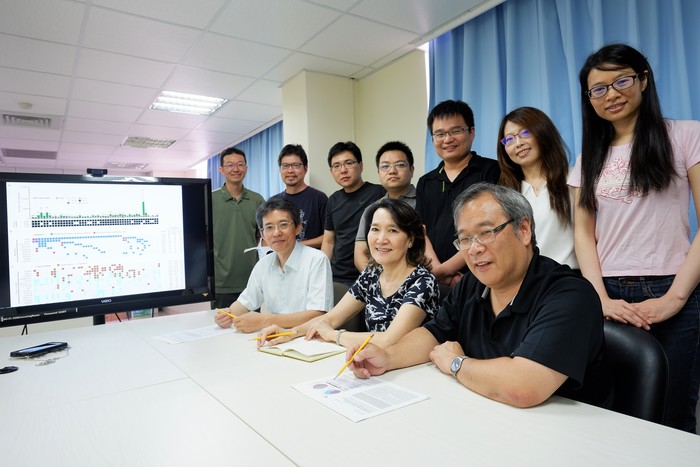Breakthrough in the Genetic Understanding of Oral Cancer

Breakthrough in the Genetic Understanding of Oral Cancer
The research team focused on a type of cancer called oral squamous cell carcinoma (OSCC), which is a worldwide malignancy with high prevalence in
In this regional patient cohort, the team made the critical discovery of a predominant mutation signature associated with cytidinedeaminase APOBEC, an enzyme family previously implicated in anti-viral and innate immunity. This unique sequence profile in tumor cells is likely attributed to a frequent deletion polymorphism in the cytidinedeaminases gene cluster APOBEC3 resulting inincreased expression of APOBEC
Prof. Chang pointed out that, while this APOBEC-deletion germline polymorphism is also detected in the US-led TCGA tumor database, only ~6% of the patient samples exhibit this as compared to ~50% of the Taiwanese group. Clinical analysis also revealed that this genetic factor could be of prognostic use. Finally, using similar genomic approach, theirfinding could be extended to and recapitulated in other cancer types.This interesting work is supported by